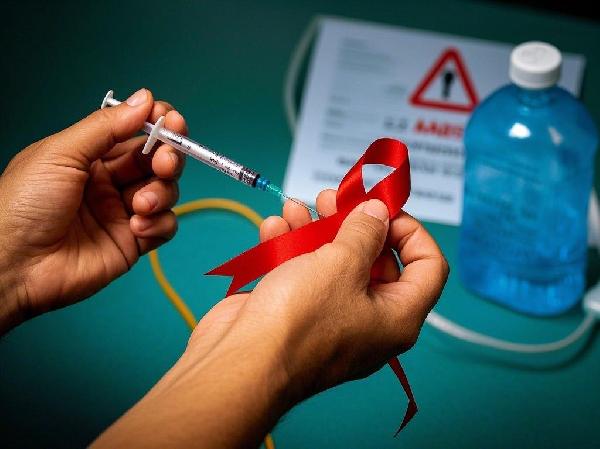For many men, sexual function and the ability to father children are deeply intertwined with their sense of identity and self-worth. The fear of losing either can feel like a devastating blow. However, it’s crucial to recognize that while these two aspects are related, they are not the same. Misunderstandings about the connection between sexual performance and fertility can lead to unnecessary anxiety, relationship strain, and even exacerbate existing issues.

The Common Misconception
A widespread belief among men—and sometimes their partners—is that strong sexual function equates to robust fertility. Some even go as far as linking sexual prowess to the ability to determine the gender of their offspring. This misconception can create undue stress for men who feel their sexual performance is lacking, leading to a cascade of psychological and emotional challenges. Such unfounded assumptions can erode confidence, negatively impact marital relationships, and potentially worsen sexual dysfunction, ultimately affecting fertility.
Sexual Function vs. Fertility: The Facts
Sexual function refers to a man’s ability to engage in and enjoy sexual activity, while fertility is the biological capacity to produce viable sperm capable of fertilizing an egg. While sexual activity is a prerequisite for natural conception, it does not guarantee fertility. Many men with normal or even exceptional sexual function struggle with infertility due to issues like low sperm count, poor sperm motility, or abnormal sperm morphology.
In fact, a significant portion of men seeking treatment for infertility in urology clinics have perfectly normal sexual function. Their inability to conceive is unrelated to their performance in the bedroom but rather stems from underlying biological factors affecting sperm production or quality.
The Role of Sexual Function in Fertility
Sexual function is essential for initiating and maintaining the process of conception. A healthy sexual response involves well-developed reproductive organs, a balanced hormonal system, intact vascular and nervous systems, and a sound understanding of sexual health and techniques. These factors enable a man to participate actively in sexual activity, which is the first step toward achieving pregnancy.
However, sexual function alone does not determine fertility. The ability to father a child hinges on the quantity and quality of sperm produced by the testes. For natural conception to occur, a man must have millions of healthy, motile sperm capable of successfully fertilizing an egg.
The Biological Basis of Fertility
Fertility is fundamentally rooted in the production of viable sperm. Even if a man has strong sexual function, he may still face infertility if his sperm count is low, motility is poor, or morphology is abnormal. Conversely, men with less robust sexual function may still be fertile if their sperm production is healthy.
The process of conception can be likened to farming: sexual activity is akin to planting seeds, while fertility is the quality of those seeds. A successful harvest depends on the seeds’ viability, not just the act of sowing them. Similarly, the gender of a child is determined by biological factors unrelated to sexual performance.
Breaking the Stigma
Men who experience challenges with sexual function often internalize societal pressures, leading to feelings of inadequacy and anxiety about their fertility. However, it’s important to understand that sexual performance and fertility are distinct issues. Seeking professional guidance from a urologist or fertility specialist can provide clarity and help address specific concerns.
Conclusion
Sexual function and fertility are interconnected but separate aspects of a man’s health. While sexual activity is necessary for conception, fertility ultimately depends on the biological capacity to produce healthy sperm. Men should not conflate the two or allow misconceptions to undermine their confidence. By fostering a better understanding of these concepts, men can approach their sexual and reproductive health with greater awareness and peace of mind.
























